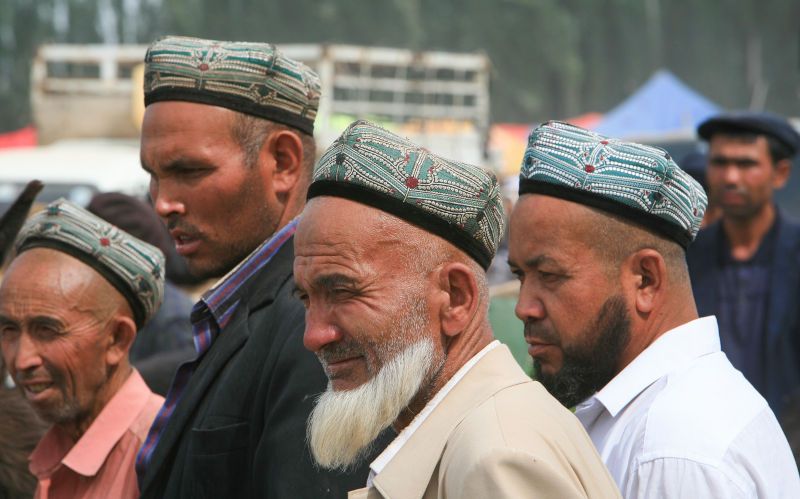There is more to the Xinjiang story than meets Western media eyes
September 20, 2023
According to independent observers who visited the region, Beijing has implemented policies to help Uygurs after crushing terrorist threat.
We have all heard the genocide narrative from the mainstream news media about Xinjiang. Four independent German sinologists and an international law specialist investigated on site on their own initiative in May and returned with their own report. A summary by two of them has been published in the Neue Zurcher Zeitung, a Swiss-German newspaper of record.
Their account may be characterised as a story in three stages: Islamist terrorism and separatism; Chinese state repression and human rights violations; and a return to normality. The two authors are Thomas Heberer, a professor of Chinese politics and society at the University of Duisburg-Essen, and Helwig Schmidt-Glintzer, professor of Chinese studies and director of the China Centre at the University of Tbingen. Their view is well worth considering, in contrast to the more sensational narrative about genocide, forced labour and torture. I used Google Translate for this article.
Between 2010 and 2016, there was undoubted extreme Islamist terrorism being carried out in Xinjiang and beyond. This led to fears that the central government was losing control in the region. Undoubtedly harsh measures were introduced to stop the terror and regain control. With national security at stake, Beijing no doubt cracked down ruthlessly, affecting large swathes of the Uygur population. However, the German authors also pointed out that it should not be overlooked that the population itself suffered from the terror.
The renaissance of Islamism in neighbouring Central Asian states spread to Xinjiang, they wrote. Poverty and unemployment, restrictions on religious activities and uncontrolled immigration of Han Chinese increased discontent among the Uygur population … At the same time, it became clear that Uygur fighters were joining Islamist movements abroad. [In 2016], accordingly, they began recruiting young Uygurs as fighters in southern Xinjiang from Afghanistan and Pakistan.
In response to the Islamic terror and intimidation, Beijing responded with an iron fist. It declared a state of emergency, deployed military units to Xinjiang and imposed a harsh disciplinary regime. This resulted in state arbitrariness in implementing security measures and punishment
However, the authors argue that the harsh anti-terror campaign has been judged successful by the central government and that things have been returning to normal since the end of 2021 when the new Xinjiang leadership led by party secretary Ma Xingrui was appointed by Beijing. Mas remit was not to continue counterterrorism, but return life to normal.
Side by side with the harsh internal security measures, the authorities also introduced soft measures that have no doubt improved the living conditions, job and education opportunities and medical care of the locals, including career paths to work within the government. Re-education camps, sometimes labelled as concentration camps in some Western media and overseas Uygur activist groups, have largely been dismantled. There are now clear signs of a return to normality, according to the two German academics. In the regions visited by the group, police road checkpoints are clearly no longer in use. With the introduction of 15 years of free education for young Uygurs, the state has initiated a new development push. In addition, there is state-subsidised healthcare.
This can be seen in modern vocational training centres in every Xinjiang district. In addition to free education, students receive 200 yuan a month to support their parents. State-sponsored establishment of modern branch companies in the agricultural and industrial sectors, which have to employ almost exclusively Uygurs at national minimum wage standards … help solve the employment problem.
The group did not detect state-sanctioned discrimination against the Uygur language and culture.
The German report makes sense to me. If China had been a friend of the United States and the West like India and Israel have been, I am certain genocide would never have gained worldwide media currency.
First published by the South China Morning Post September 17, 2023

